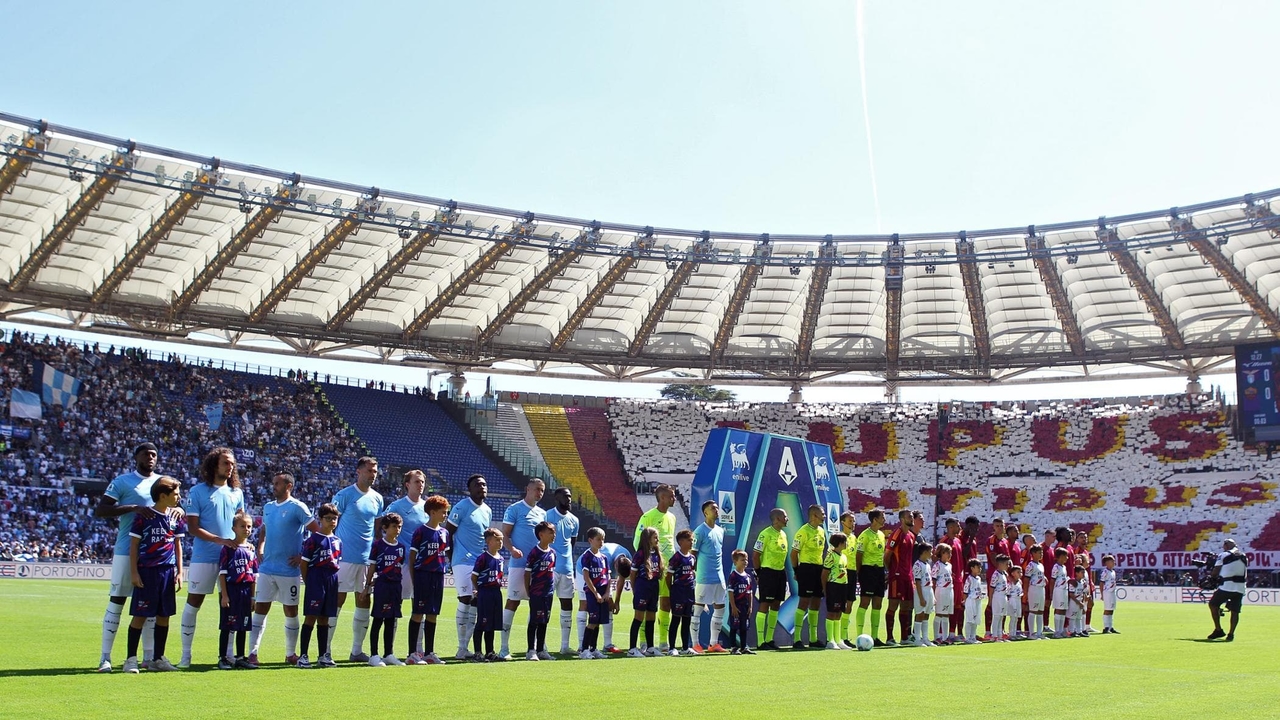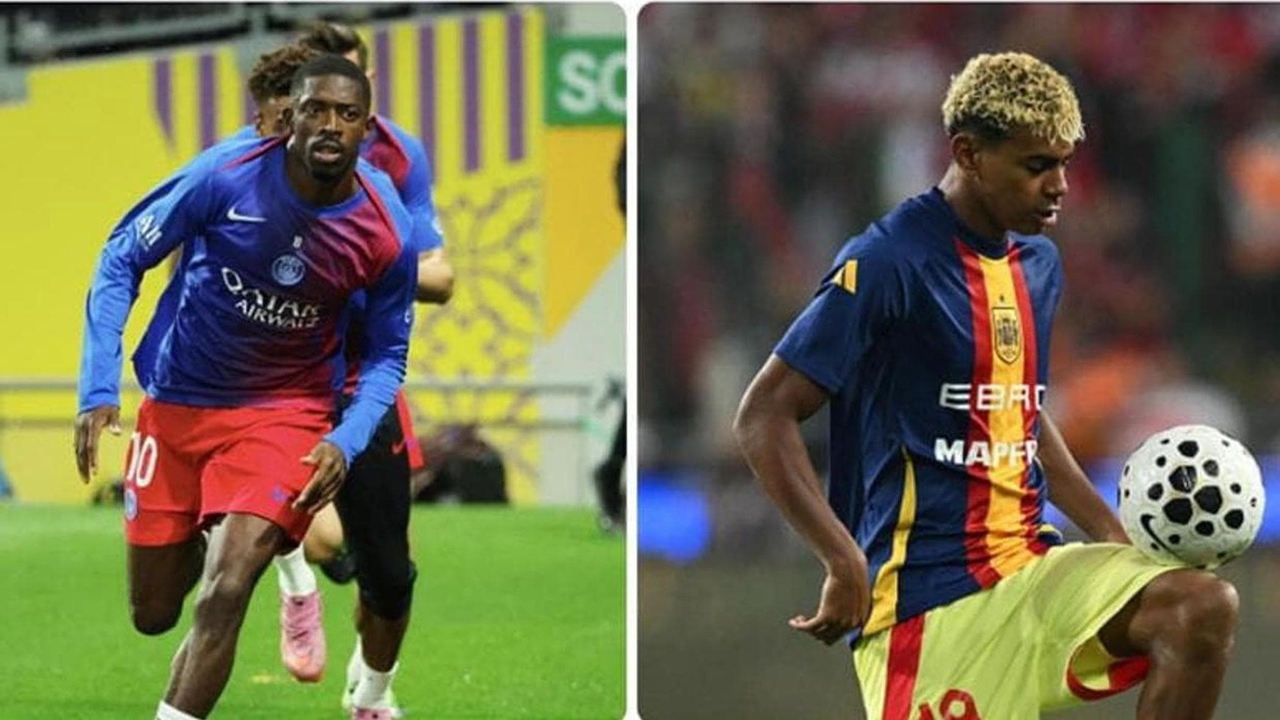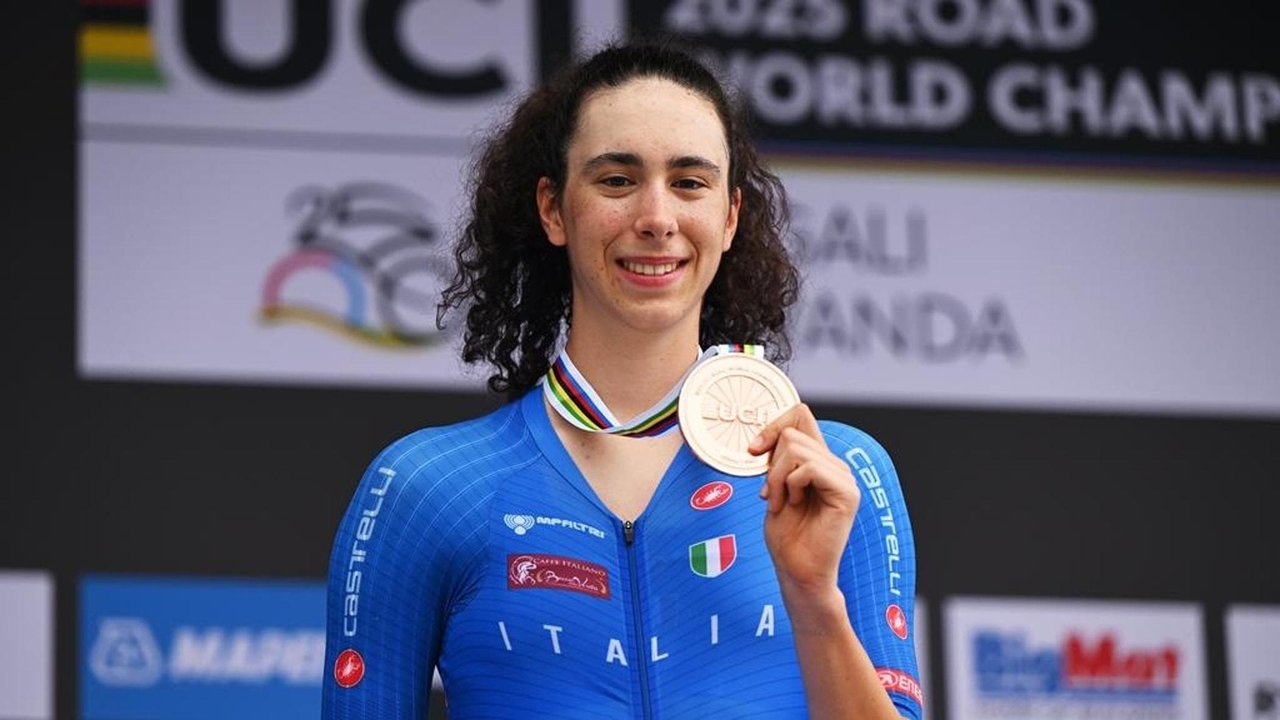Roma and the return leg of the derby tonight: "There's a lot of work to do..."

"Yesterday was a very positive day in terms of public order management; we even prevented potentially dangerous situations," but to return to an evening derby, "there's a lot of work to do." This was stated by Roberto Massucci, Rome's police commissioner, on the sidelines of the Ares 118 20th anniversary event, responding to the results of the Rome derby played yesterday morning at 12:30. There were no incidents like in the past, maximum attention was paid before and after the match, bats and helmets were confiscated, and attempted brawls and ambushes were immediately foiled. In short, it was meticulous work by law enforcement, and the outcome was more than positive considering the 60,000 people involved, plus various criminals, had to be managed. Last season, in a courageous act, Rome's police commissioner, after six years, brought the derby back to the evening, as is done in almost all (civilized) European cities. But a handful of hooligans ruined everything. They were there specifically to provoke a fight. This is how we arrived at the (political) decision to have the derby “never again in the evening”.
A surrender to the usual violent groups on both sides? Or a necessity dictated by the times? "The Rome derby at 12:30? I've said this before and I'll say it again: I believe it's a failure of the state. That is, playing at 12:30 out of fear, or to prevent, or to more promptly address potential disturbances among fans is a disgrace. Frankly, coming from a government that won elections by promising greater security and a crackdown on violent groups, it seems like an embarrassing surrender to me," said Alessandro Onorato (Democratic Party) of Rome's Councilor for Major Events, Sport, Tourism, and Fashion. "This surrender isn't just happening in Rome; it's happening all over Italy, and I believe too many politicians are colluding with ultra groups. That said, I reiterate my compliments to Prefect Giannini and Police Commissioner Massucci because they're doing an extraordinary job, so the criticism isn't directed at the police. Of course, they too must work with the resources they have, which in my opinion are meager compared to the difficulties of the historical period we're living in. And I find it completely shameful that a beautiful sport like football should be tainted by criminals, in Rome, Milan, wherever we go. It's a disgrace, and families can't go to the stadium with peace of mind," Onorato emphasized.
"I don't feel comfortable taking my little daughters to watch the derby, and that's not right, and I hope the government wakes up and does what it has to do, and it has to do it promptly. Anyone who wants to be violent, abusive, or otherwise should stay out of the stadiums because it's not the arena, it's not the Colosseum, it's not the Circus Maximus of two thousand years ago." Andrea Abodi, Minister of Sport, responded: the decision to play the Rome derby at 12:30 "isn't the definitive answer, it's a signal. I consider it a transitional stage. It's a response from the Ministry of the Interior and all the bodies called upon to intervene on this issue. I don't believe these are decisions made lightly; they're decisions based on technical assessments by those with more information." "The accusations therefore seem superficial and unfair to me. This isn't about surrender or defeat, it's not that the State wants to hide behind a time. The 12:30 time isn't going to solve the problem, but we have a problem: protecting those who want to go to the stadium in a civilized manner and the citizens of that area who were besieged by a handful of criminals a few months ago. Together, rather than criticizing the decision, we should contribute to the restoration of legality. Exactly. That fringe of criminals who are just waiting for the derby to create disorder must be marginalized (by reporting them, banning orders, certainty of punishment, etc.). For them, the time doesn't matter. Special laws are useless, the rules are already there: we just need to apply them.
On the return leg, it's likely, if not certain, that the match will be played at 12:30 PM to enjoy as much light as possible. Massucci knows this problem like no other. It's both technical and political. Work is underway for the future. Let's keep in mind that UEFA requires Cup matches to be played in the evening, partly for TV interests. Only in exceptional cases does it allow the time (or venue) to be changed. But Rome, unfortunately, at least for now, seems to be an exceptional case...
La Repubblica




